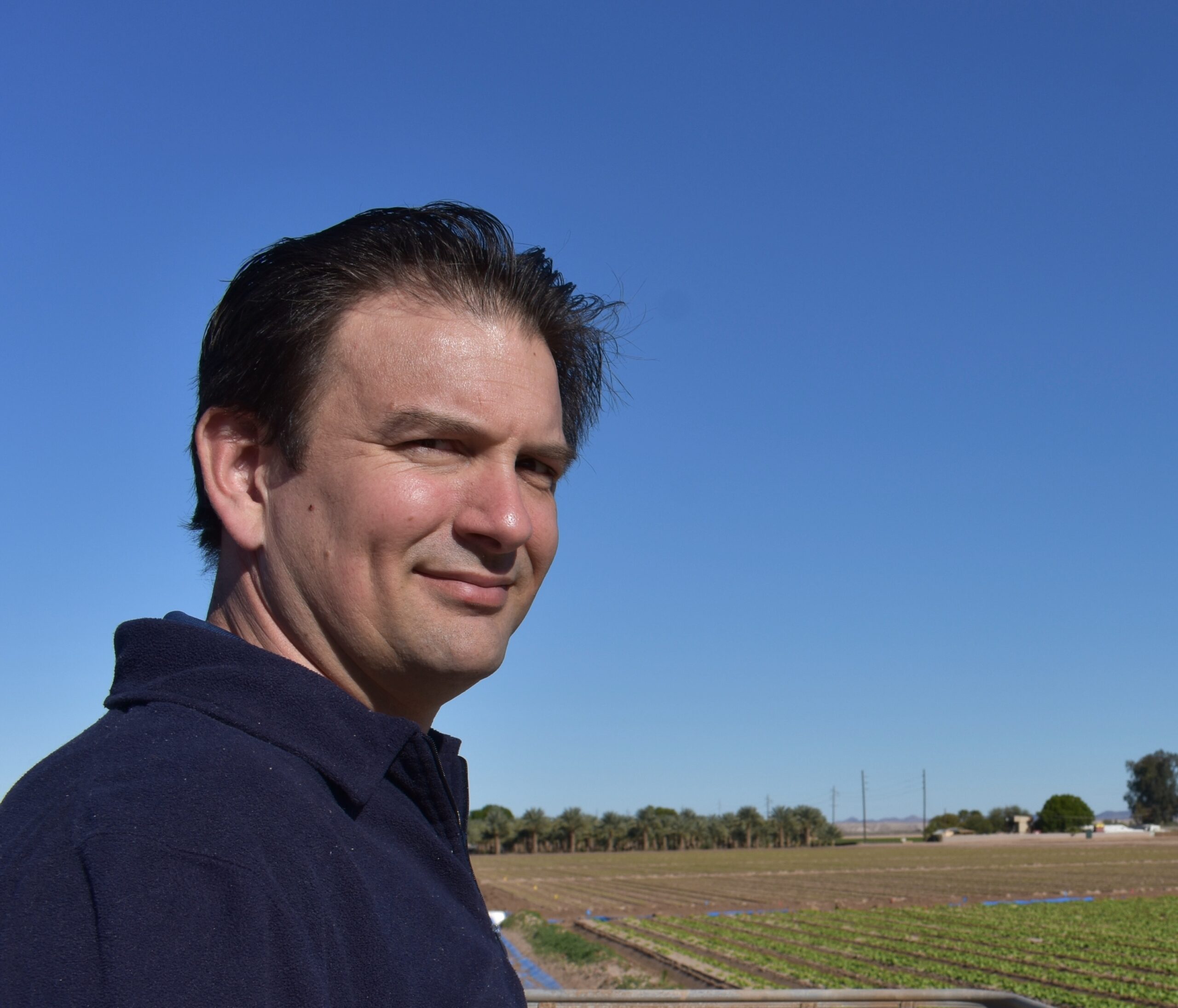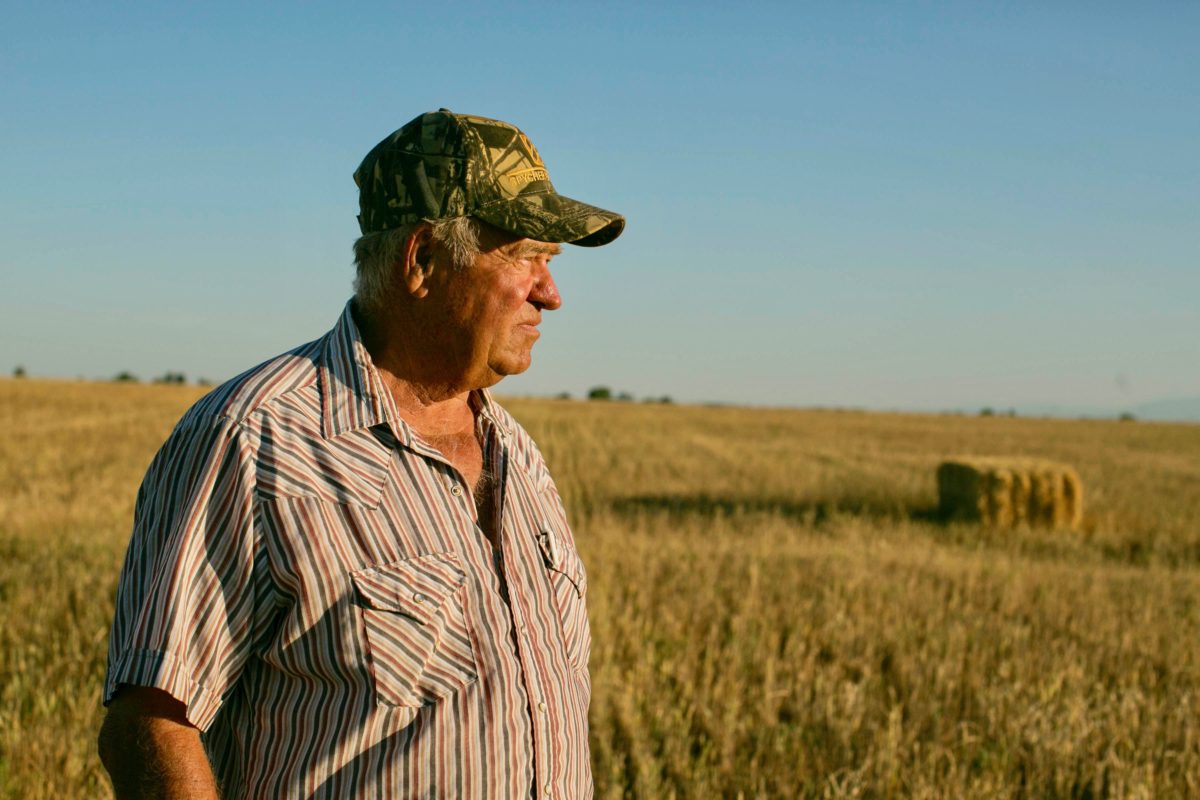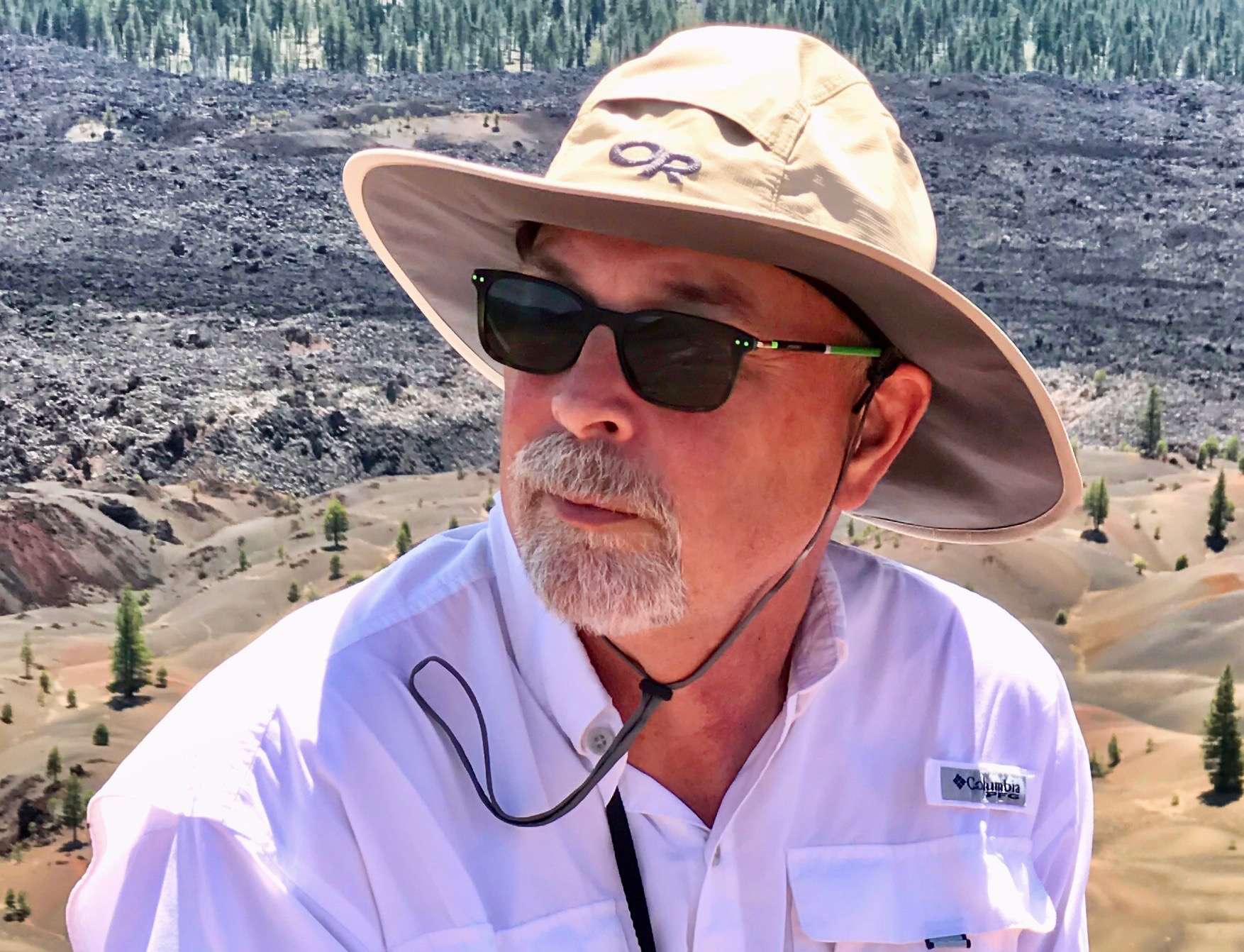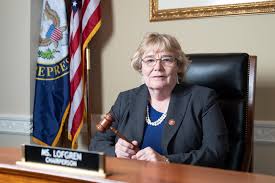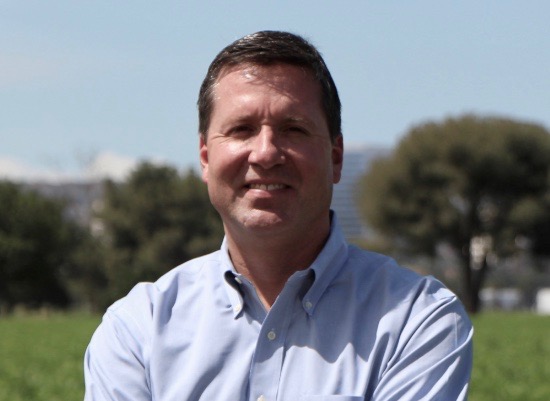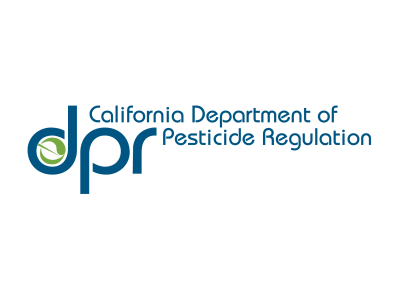Thankful for the California Farmer
We are Grateful for the California Farmer
By Patrick Cavanaugh, Editor
It’s morning, and as the sun rises over the Sierra Mountains, the California farmer rouses early to plan the day and greet his or her employees alongside their pickup trucks.
Side-by-side, they
- Walk the orchards of almonds, walnuts or pistachios;
- Peruse the groves of citrus, peaches, plums, and nectarines;
- Inspect the vineyards of table, raisin or wine grapes;
- Survey the fields of lettuce, spinach, broccoli, celery or strawberries;
- Raise forage to feed their healthy dairy cows.
We are grateful for the dedication of the California farmer:
Who may also be a rancher or dairyman.
Who takes NO days off from caring for their livestock and poultry.
Who follows the legacy of prior generations on the family farm.
Who contributes to our nation’s security by providing abundant, nutritious and safe homegrown food to eat.
We are grateful for the lawful vigilance of the California farmer:
Who checks their email for newly registered crop protection materials to prevent pests and diseases from destroying her crops.
Who adapts to ever-changing, complicated and costly regulations.
We are grateful for the responsible “buck-stops-here” accountability of the California farmer:
Who appreciates the dedication and experience of his employees.
Who follows preventive safety measures, such as providing work breaks, ample water, and shade from the heat.
Who pays her employees well and provides training for them.
Who ensures all equipment is well maintained and furnished with all safety features.
Who follows all best management practices whether industry-recommended or regulator-mandated.
Who adheres to all food safety laws and regulations to prevent food-borne illnesses.
Who tracks her produce every step in the process from seed to farm to fork.
We are grateful for the versatility of the California farmer:
Who farms more than 450 different crops—from artichokes, asparagus, and avocados, to
zucchini—which we all need to eat for great nutrition and vibrant health.
Who raises the wholesome foods that ought to dominate our plates to prevent obesity and other chronic diseases.
Who produces most, if not all, of the nation’s almonds, walnuts, pistachios, processing tomatoes, dates, table grapes, raisins, olives, prunes, figs, kiwi fruit, and nectarines.
Who leads the country’s production of avocados, grapes, lemons, melons, peaches, plums, and strawberries.
Who tends to his fields of stunning and delicate flowers that make so many people happy.
We are grateful for the ambitiousness of the California farmer:
Who produces award-winning, world-renown wine grapes, and vintages.
Who meets consumer demand for organic, gluten-free, low-fat, locally sourced, family-owned and farmed food.
Who increases the contributive value of California agriculture to the economy by stimulating secondary industries and jobs.
Who increases her yields to feed a hungry and growing world population.
Who contributes towards California’s 15% share of all U.S. agricultural exports (2015).
We are grateful for the conservation-minded California farmer:
Who uses drip or micro-sprinklers to conserve every drop of California’s water resources.
Who spends hundreds of thousands of dollars to invest in turnouts and valves to move floodwater onto their land, to build checks around open fields to capture runoff—all in an effort to recharge groundwater basins.
Who uses integrated pest management practices by following regulations and approved crop product directions, with an understanding of residues and the risk of pest and disease resistance.
Who uses fertilizers judiciously at the right time, for the right crop, in the right place, in the right amount, using the right methods.
Who installs solar panels to harness the abundant sunshine to power her operation.
Who floods her rice fields to conserve flyways for migrating birds and water for fish to thrive.
We are grateful for the savvy and social-minded California farmer:
Who advocates for his business and understands financing, accounting, insurance, and business and risk management planning.
Who reaches out to consumers (in her spare time) through social media to reassure excellent quality and safety control of their crops and to share their family’s farming legacy.
Who relays her challenges and achievements—the transparent, complex information that consumers want to know.
We are grateful for the accessible California farmer:
Who answers his phone to give directions on crop pruning, thinning and spraying.
Who responds to employee concerns with mutually beneficial solutions.
We are grateful for the generous California farmer:
Who contributes funding for local school gardens, agricultural curricula, harvest festivals, sports teams, Farm Bureaus, political action committees, and AgSafe.
Who donates to local food banks and homeless shelters.
We are grateful for the intelligent, knowledge-seeking California farmer:
Who regularly attends continuing education training on best practices, pest and disease management, and improved food safety practices.
Who stays current on scientific research and recommendations, and who chooses to fund such endeavors, plus industry associations and trade.
We are grateful for the deeply invested California farmer:
Who sends a text to her PCA to schedule a lunch meeting, then gets out of the truck and grabs a shovel to check soil moisture.
Who knows his field and weather conditions, trade and market variables, and employee concerns on a regular basis.
Who sustains the “California” brand known for exceptional quality, nutrition and safety.
We are grateful for the determination, stamina and perseverance of the California farmer:
Who stubbornly, painstakingly pushes for a good harvest despite growing challenges to his livelihood and way of life.
Who knows when to fallow a field, change a crop, or sell her business.
Who stewards her crop as best she can despite stormy weather, droughts, and floods.
Who relies on one paycheck per year, generally, which may or may not cover the cost of his operations.
We are grateful for the integrity of the California farmer:
Who checks his watch to make sure he arrives on time to his children’s parent-teacher meetings and extra-curricular activities.
Who is dedicated to her family, friends, and community.
We are grateful for the Optimistic California farmer:
Who realizes that hard times don’t last forever.
Who anticipates that next year could be better.
Who never gives up.
Who makes every effort to preserve his soil’s health, so it can produce the crop … for next year.
